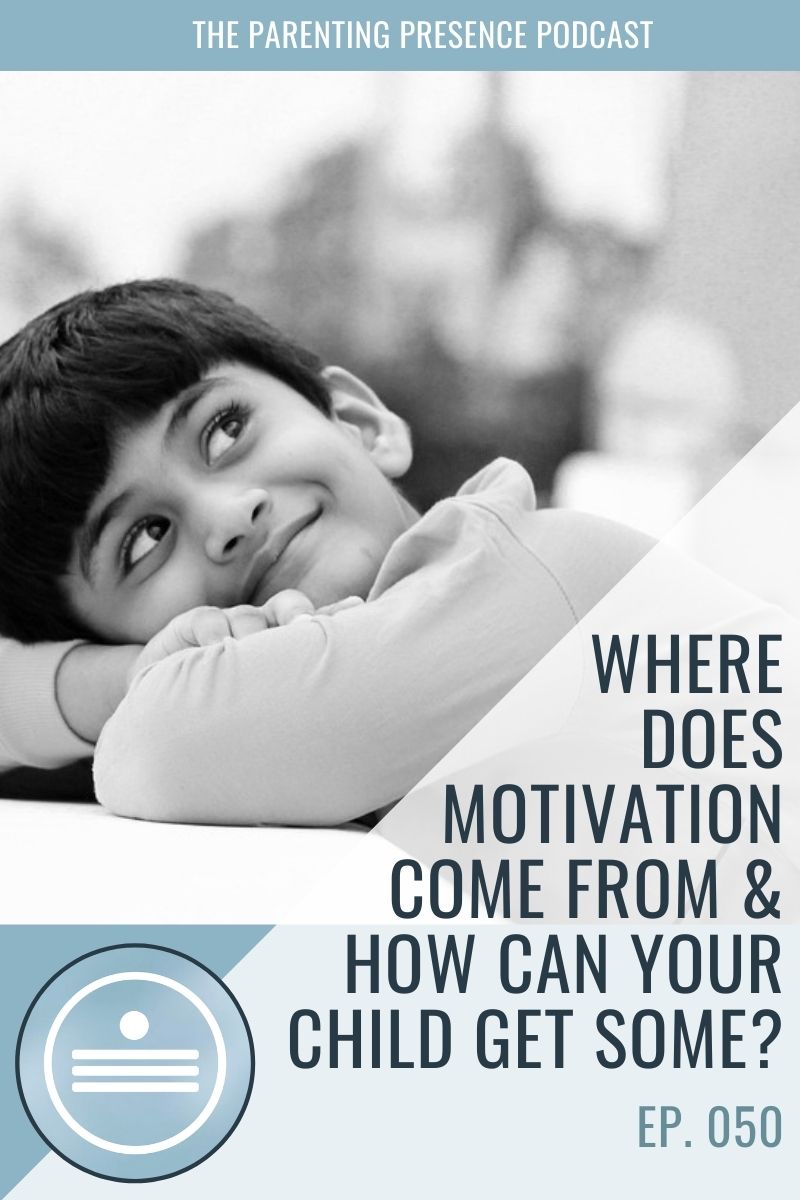
Intrinsic motivation is what every parent wants for their child. It is the thing we think will get our kids to do stuff without us nagging at them. We hope that when kids are intrinsically motivated, the need for extrinsic rewards will go away…
Like most parents, you have wondered about intrinsic motivation and why your child does not seem to have enough of it. When children just don’t want to do what they have to do, we often want to know two things. The first one is not how to get them doing things they have to do. And the other is how to make them do those things independently and without tricks or rewards.
Essentially, the first question is about motivating kids externally and the second one speaks to intrinsic motivation. That one is the reason why, every now and then, kids just do things by themselves. It is the thing every parent wants! Who doesn’t like it when kids do what they have to do without being asked?
It’s a great feeling when children do things by themselves.
Earlier, we talked about how to engage unmotivated children and went over 7 basic principles behind motivation around non-preferred tasks. But what about intrinsic motivation? That’s what we talk about in this episode.
Where does intrinsic motivation come from and how can our children have more of it?
Have you ever wondered, how can you make your child be motivated without tricks? Maybe you got curious about the origins of independent and self-directed behavior in children. If so, this conversation is for you. We explore where intrinsic motivation comes from and what parents can do to facilitate its development.
Which motivation is better — extrinsic or intrinsic?
I do answer this question on the podcast, but I am also curious… What do you think? Which type of motivation is better, and why? (Note your answer, and then take a listen to find out mine.) If you also happen to wonder, why is your child so lazy, then it would be helpful to understand what laziness is all about. We talked about that in Episode 035 of The Parenting Presence and you may find that conversation a helpful companion to this one.
.
